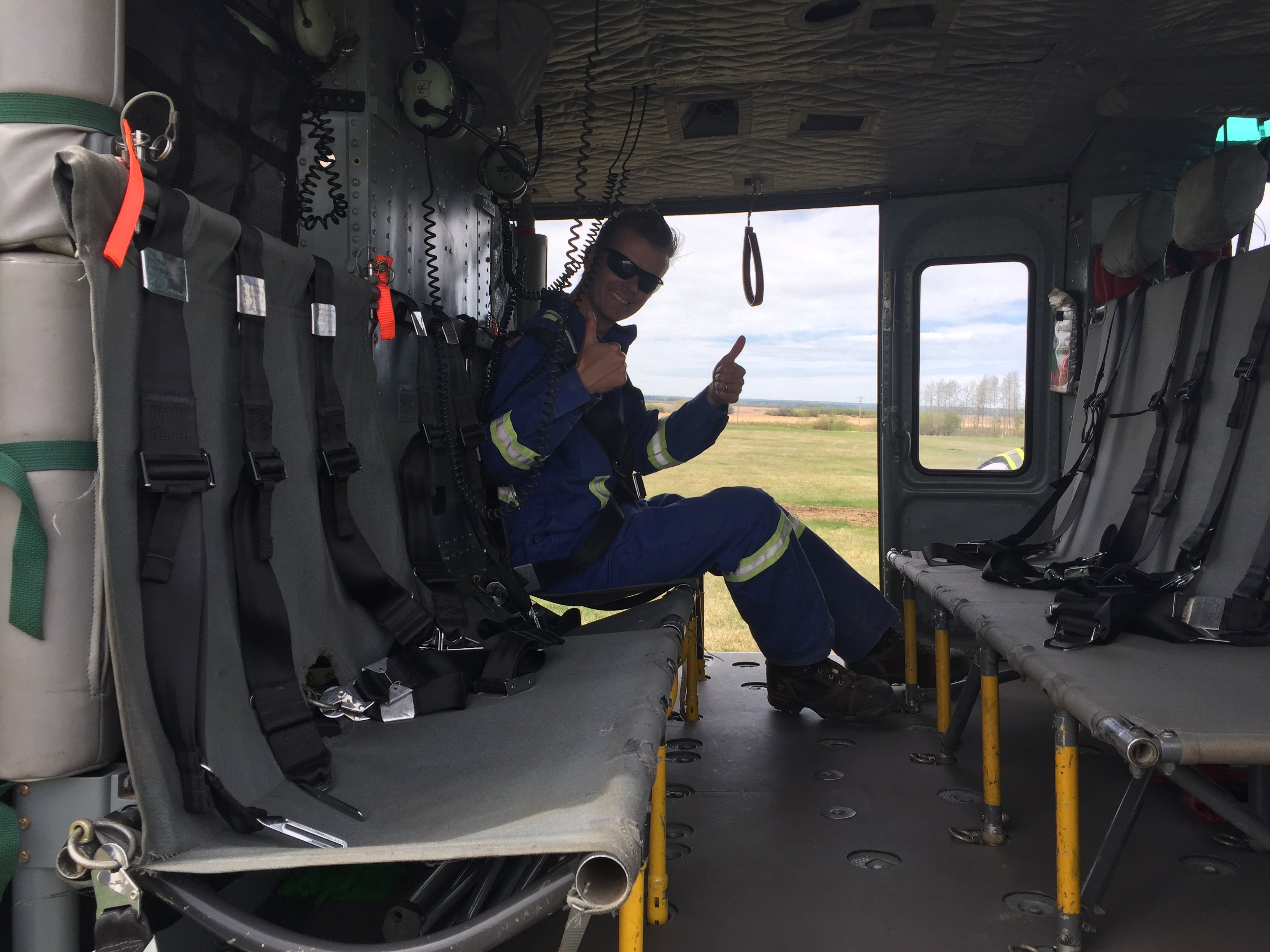A new challenge
At CMI, we work from our home offices. I have worked from home since 2012. This isn’t new for us, but it is.
Money is tight for all companies. There is less scope within budgets right now, and of course that means every item counts for more. It has to. With conferences and some bigger projects pushing back into Q3 or beyond I find myself going back over data, compiling more information from the literature and doing those journal reviews that I had been putting off. It’s a time to do the housekeeping, but it is also a time to get more pointed in our efforts.
Get more out of your existing data
Wringing more information out of datasets that have already been compiled can solve issues without the need for more field work. There is often unnoticed information within the analytical data already on file that has not be fully appreciated. Perhaps all the answers that you need are already right there, hidden in plain sight. You spent good money on all that data. You might as well use all the information contained within it that you can.
Recently we have been contacted to help on a growing number of short investigations to help consulting partners and clients understand data they already have. Wringing out the data. And it makes good sense, field programs for collecting analytical data can be expensive and maybe not warranted in this time. Supplementing this analytical data with additional interpretation can be quick and inexpensive, and be COVID friendly with social distancing in full force!
At CMI, we conduct all manner of investigations. This includes small bolt-on projects aimed at answering specific questions or to solve a client’s hunch that their data seems odd.
In the last few months, we have looked into PHC chromatograms to distinguish hydrocarbon types, evaluated PAH diagnostic ratios and fingerprints to distinguish natural coal from impacts, and combined PHC and PAH data to understand the role of shallow natural hydrocarbon bearing rock on Phase 2 investigations. All of these projects relied on data that was already collected. We were able to provide answers to the clients that could assist delineation of impacts or rule out guideline exceedances.
Maybe you have seen these very similar problems on your site?
Did you know?
Chemistry Matters even works with (for) other consulting firms. We can be an immediate bolt on expertise to any project that may require some extra niche chemistry knowledge. We routinely work with other consultants (Yes, so called competitors that we prefer to call client collaborators) to help provide extra chemistry expertise that might not be available in house. We work well with others. We can provide support and guidance on these specialty topics when needed. It makes sense, doesn't it? The goal is to get the best science outcome for your client.
When to contact CMI?
If you have data, and maybe it just is not adding up or is simply not making sense.
Perhaps the results don’t match a specific expected product type, or delineation is being thwarted by seemingly random chemical exceedances (PAHs or metals).
Give us a call, maybe we have seen it before and can provide a quick collaborative solution.




